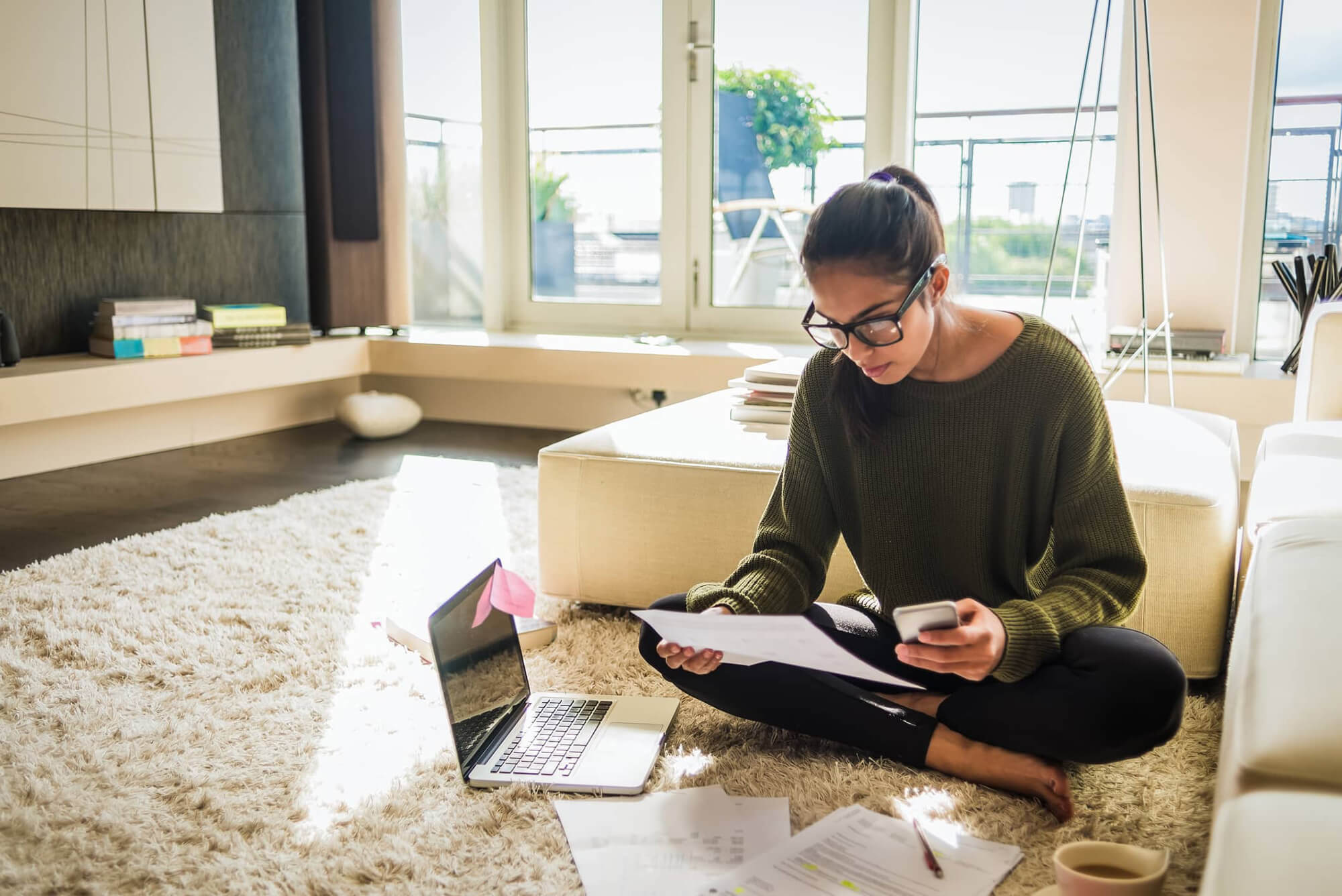Budgeting methods vary, but to start with you need a breakdown of your incomings (what you earn) and outgoings (what you spend) over a set period. Keep reading to learn more.

Why do you need a personal budget
Welcome to budgeting basics. A healthy relationship with money and overall financial feel-good starts with the very basics – budgeting! Most important ‘adulting’ tasks are somewhat dull and get pushed onto the backburner, but future-you will thank you for taking the time to prioritise your financial wellbeing and preparing a personal budget. Let’s dive in.
What is a personal budget and why is it important?
Budgeting methods vary, but to start with you need a breakdown of your incomings (what you earn) and outgoings (what you spend) over a set period. Knowing these figures and analysing your spending habits then allows you to take control of your financial situation and work on improving it by setting yourself a personal budget.
Unless the Lotto ball drops your numbers (and the likelihood of that is minimal), budgeting is the main way to achieve your dreams of buying a home, or a houseboat, a campervan, or a dream holiday. The truth is, even with a Lotto win, personal budgeting is a must as more money in the bank simply doesn’t equal financial literacy.
Assessing your situation and spending habits
Assessing every cent you spend (including that controversial smashed avo on sourdough for Sunday brunch) allows you to divide necessary spending (your rent or mortgage payments, electricity bill, credit card payments etc) from discretionary spending.
Where are the leaks that are allowing money to drain away? Too many impulsive buys using buy now, pay later? Too many food deliveries when you did, in fact, already have food at home? Look cutting back on these expenses. This doesn’t mean you can’t get takeaway occasionally or buy those to-die-for ripped denims, you just have to think first and ask yourself if they fit in your budget before you flash the plastic.
Another important item to look for is the amount of interest you are paying on borrowed funds. Could you refinance your mortgage at a lower interest rate to reduce your home loan repayments? Could you consolidate your debts into one low-interest repayment?
There are loads of ways to save money if you do your research. These are all questions you should ask your financial advisor to determine what’s best for your situation.
Setting budgeting goals
Your first goal is to be able to always pay your bills on time so you don’t harm your credit rating (or increase your stress levels).
Next, if you haven’t already got at least enough money to live on comfortably for a month stashed away for a rainy day, then that should be your next savings goal.
Once you have that backup fund, you can reward yourself. Whether it’s a week camping on a beach somewhere warm or an internationl holiday, set yourself an achievable goal to begin with.
Once you’ve achieved that goal, you’ll feel proud of that success and can set yourself a bigger goal. Setting goals gives you something good to look forward to and makes sticking to a budget much easier.
Research different budgeting methods
There’s a host of different budgeting tips and budgeting methods out there on the internet. Take a look and you’ll find templates, apps and more to get you set up.
There are many methods, but the principles are the same: set goals, allocate money accordingly and monitor your incomings and outgoings. Methods range from simple to sophisticated, from spreadsheets to comprehensive apps designed to make your life easier. Testing several methods will give you the best indication of what suits your lifestyle and time commitment to budgeting.
Automate your savings
Pay yourself first! Many financial institutions have an option for you to have a weekly or monthly amount automatically moved to a dedicated savings account, preferably as you get paid to avoid temptation. This is one of the most effective ways to watch your savings grow, as its automated and out of sight, out of mind.
You’ll be surprised how a little bit of adulting around budgeting will make your relationship with money a little more positive and empowering. The rewards definitely outweigh the initial effort!
